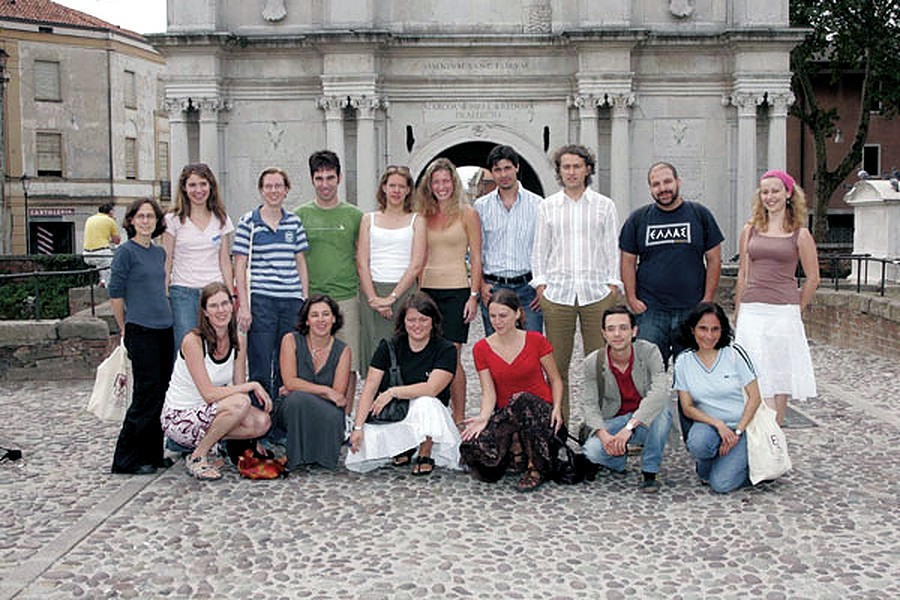Membership Issues
Affiliate Membership
In the early years of the Association membership was restricted to European social psychologists, whereby—according to the original Standing Orders—Europe was deemed to refer to a geographical area. Given the context in which the Association was created and given the goals set for the Association this decision was perfectly understandable and legitimate. The community of social psychologists in Europe had to be built from within, and not from without. Specifically, although the help of American colleagues in bringing the Association about was more than recognized, our founding fathers and early members felt that independence constituted a key condition towards developing a truly European identity in social psychology. A reading of documents in the Archives indicates that for some the choice to restrict membership to Europeans was primarily a positive choice towards bringing European social psychologists together, but for others it was also partly a negative choice, reflecting a desire to avoid colonization by the United States. It should be noted that according to the original Standing Orders the membership of a European member who took up permanent residence outside Europe ‘would lapse automatically.’
Over the years the situation changed, with European social psychology gaining the status it had come to deserve, and with North Americans attending our conferences and participating in our activities as interested partners. As a result in 1981 the decision was made to create an additional category of membership. From then on, non-European social psychologists could become affiliate members (originally they were called ‘associate’ members). The same would hold for European social psychologists who had taken up permanent residence outside Europe. Affiliate members could enjoy many of the benefits of ‘standard’ members, but they could not vote, nor be a member of an Executive Committee.
In recent years, and partly as a result of the ever growing globalization of our science, more and more members felt that there was no reason why non-Europeans should not be able to become full members. Not all members were in favor, some even feared an American take-over. After some debate in 2011, the decision was made to invite all affiliate members to opt for full membership, but those who wished could remain affiliate members. This is still the situation at the moment. However, note that this does not hold for postgraduate members, who can only be individuals registered for PhD programs in Europe. The reason behind this is merely a financial one, i.e., postgraduate members pay lower fees and are de facto sponsored by full members, so there has been a perception that the association could not afford to open its door wider for postgraduate members from other regions.
Postgraduate Membership
Until the late eighties, having a Ph.D. was one of the requirements for becoming a (full or affiliate) member of the Association. Ph.D. students (postgraduate students) could not be members. In a way, and again looked at from today’s perspective, this was a remarkable state of affairs. From the beginning our Association had stressed that the future of social psychology in Europe demanded an investment in young people. The summer schools were created with that purpose in mind. Aside from the training aspect summer schools were thought of as a basis upon which networks of social psychologists could be built across Europe.

Interestingly, the creation of a category of membership for postgraduate students did not originate within an Executive Committee. It came from postgraduate students who were participating in the Bologna Summer School in 1986. As one of the participants reported to me, the students felt that the Association was THE thing that would contribute to assist students in forging as soon as possible a sense of community. The students felt that a tighter collaboration and 38 exchange of methods, ideas and networks was only feasible under the umbrella of the Association. Upon receiving the support from a larger group of postgraduate students for the idea of some kind of postgraduate status in the Association, a proposal towards this end was put before the Executive Committee. The rest is history: The response was overwhelmingly positive and as of 1988 postgraduate students could become members of the Association. According to one of the initiators of the proposal, this recognition meant an important step forward, because it made it possible for very young people to become 'included' in the family very early on.
